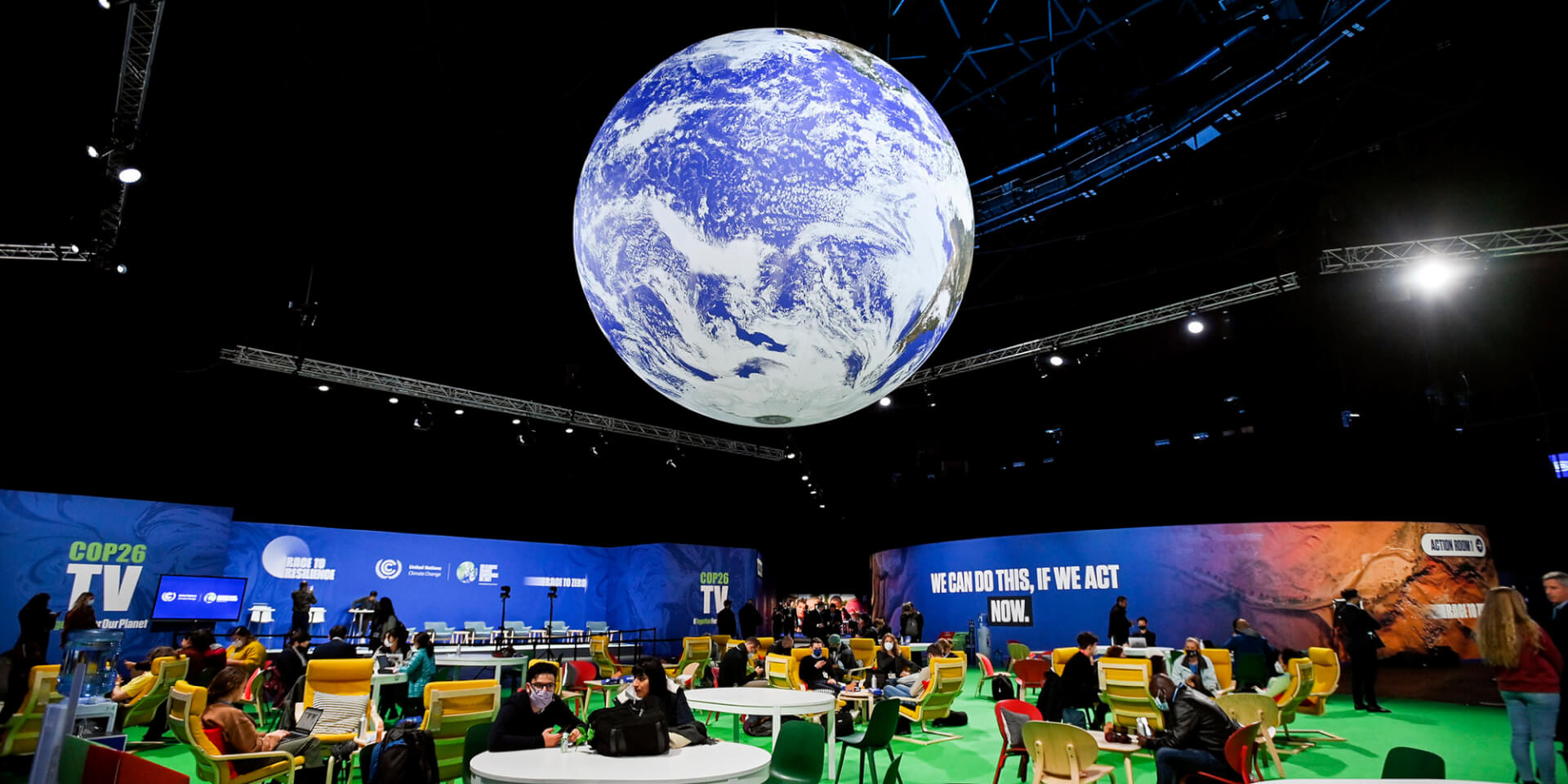
This article is part of the ISC’s Transform21 series, which features resources from our network of scientists and change-makers to help inform the urgent transformations needed to achieve climate and biodiversity goals.
On the morning of 2nd November representatives from the Intergovernmental Panel on Climate Change (IPCC), Future Earth and the World Climate Research Programme (WCRP) gathered online and in-person in Glasgow, UK, for a side event at COP26, in order to focus on what the latest science tells us about how to limit global warming to 2°C, and to head off emerging climate risks.
In his presentation, ISC President Peter Gluckman reflected on what can be done to accelerate progress on climate policy, decades after scientists first started to call for international cooperation to prevent global warming.
Watch the full event below, and jump to the start of Peter’s presentation here.
The ISC and its predecessor organizations has been active on global environmental change research for over four decades. In 1980, the International Council for Science (ICSU) co-organized the first Villach conference, an early opportunity to bring together disciplinary knowledge on climate change, and later, the 1985 conference that laid the groundwork for the formation of the IPCC. In 1988 the International Social Science Council (ISSC) responded to increasing evidence on anthropological climate change with the establishment of a committee on the Human Dimensions of Global Change.
However, as the theme of the side event made clear, action to curb warming in the intervening years has not been sufficient, and as negotiators gather in Glasgow, attention is focused on how to translate knowledge on the urgent transformation required into policies that can be implemented quickly.
In his presentation, Peter Gluckman questioned whether scientists have done enough to help policy-makers find practical, scalable solutions that are socially acceptable to the citizens they serve. Just highlighting the problems is not enough, said Gluckman, suggesting four considerations that may help accelerate progress:
At the end of his presentation, Gluckman noted that later this year the ISC will launch a Global Commission to develop a mechanism for global funding that can deliver this kind of mission-focused research within sustainability science, in line with the conclusions of the recently published Unleashing Science: Delivering Missions for Sustainability report:
Image: Karwai Tang/ UK Government via Flickr.